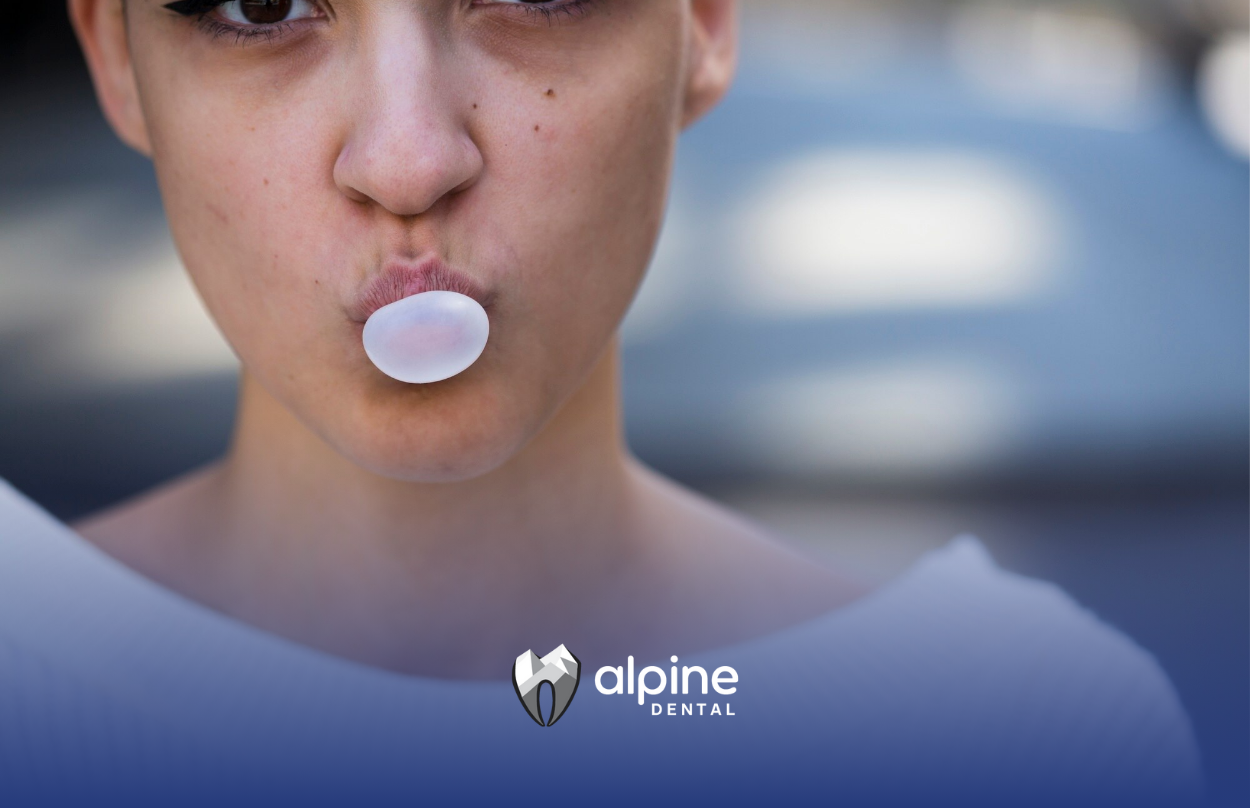Why Regular Dental Cleanings are More Important Than You Think
If you’re brushing and flossing daily, you might wonder—do I really need to go for professional dental cleanings every six months? The short answer? Yes!
In my experience, many people believe their at-home routine is enough, but the truth is, even the best brushing and flossing can’t remove hardened tartar or reach deep into the gum line. That’s where professional cleanings step in, helping prevent gum disease, cavities, and even costly dental procedures down the road.
Let’s dive into why professional dental cleanings matter and what you can do to keep your smile healthy for years to come.
Why Professional Dental Cleanings are Essential
1. Maintaining Strong Oral Health
Think of professional cleanings as a reset button for your mouth. They remove the buildup of plaque and tartar that brushing at home just can’t tackle. Plaque, the sticky film of bacteria, hardens into tartar over time—leading to gum disease and tooth decay if not removed.
Here’s the deal: once tartar forms, no amount of brushing will get rid of it. You need a dental hygienist’s specialized tools to clear it away. Regular cleanings not only keep your mouth fresh but also prevent more serious issues down the road.
2. Preventing Costly Dental Issues
Let’s talk numbers for a second. Avoiding routine cleanings might seem like a money-saver, but in reality, skipping them can lead to much more expensive dental work.
I always tell my patients: Prevention is way cheaper than treatment! A small investment in cleanings now could save you thousands in the future.
What to Expect During a Professional Cleaning
If it’s been a while since your last dental cleaning, you might feel a little anxious—but trust me, it’s a straightforward, painless process that leaves your mouth feeling amazing.
Step 1: The Initial Assessment
Your dental hygienist will start by checking your teeth and gums for any early signs of cavities, gum disease, or other concerns. This step is crucial because catching issues early means they’re easier (and less expensive) to treat.
Step 2: Plaque and Tartar Removal
Next, your hygienist will use a scaler to gently scrape away plaque and tartar buildup. You might hear a scraping sound—totally normal! This process helps prevent cavities and gum inflammation.
Step 3: Polishing & Stain Removal
Once the tartar is gone, your teeth will be polished with a special gritty toothpaste that removes surface stains, leaving your smile noticeably brighter.
Step 4: Fluoride Treatment (Optional)
Many dentists offer fluoride treatments to help strengthen your enamel. It’s a quick and effective way to protect your teeth from decay until your next visit.
The entire process takes about 45 minutes to an hour, but the benefits last far longer!
The Benefits of Regular Dental Cleanings
1. Improved Oral Hygiene
Professional cleanings remove bacteria buildup that your toothbrush can’t reach, keeping your gums and teeth in peak condition.
2. Early Detection of Problems
Dentists can spot early signs of cavities, gum disease, and even oral cancer—before they become major concerns.
3. Fresher Breath
Bad breath? That’s often due to bacteria hiding in tartar buildup. A deep cleaning helps eliminate odor-causing bacteria, giving you long-lasting fresh breath.
Professional Cleaning vs. At-Home Care: What’s the Difference?
I often get asked:
If I brush and floss daily, isn’t that enough? While a solid at-home routine is critical,
it’s not a replacement for professional cleanings.
| Aspect | Professional Cleaning | At-Home Care |
|---|---|---|
| Tools Used | Specialized dental instruments | Toothbrush & floss |
| Plaque Removal | Comprehensive, deep cleaning | Basic removal |
| Tartar Removal | Effectively removed | Not possible |
| Issue Detection | Early signs of cavities, gum disease | Limited detection ability |
Think of professional cleanings like a car tune-up—your daily care keeps things running, but you still need expert maintenance!
How Often Should You Get a Professional Cleaning?
Most dentists recommend
a cleaning every six months, but some people may need more frequent visits.
| Condition | Recommended Frequency |
|---|---|
| Healthy gums & teeth | Every 6 months |
| History of gum disease | Every 3–4 months |
| High cavity risk | Every 4–6 months |
| Braces or orthodontic treatment | Every 4–6 months |
If you’re unsure how often to visit, ask your dentist—they’ll help customize a plan based on your unique needs.
How to Keep Your Teeth Healthy Between Cleanings
A professional cleaning sets the foundation, but daily care keeps your teeth in top shape. Here’s what I recommend:
1. Follow a Strong Daily Oral Care Routine
✔ Brush
twice a day with fluoride toothpaste
✔ Floss
daily to remove hidden plaque
✔ Use an
antibacterial mouthwash to kill bacteria
✔ Change your toothbrush
every 3–4 months
2. Eat Tooth-Friendly Foods
What you eat
directly affects your dental health! Focus on:
🥦 Crunchy fruits & veggies (apples, carrots) to naturally clean your teeth
🥛 Dairy products (cheese, yogurt) for
calcium & strong enamel
💧 Drinking plenty of
water to wash away food particles
3. Avoid Sugary & Acidic Foods
Sticky candies and sodas can
wear down enamel and cause cavities.
Coffee, tea, and red wine can
stain your teeth over time.
Conclusion
Taking care of your teeth doesn’t have to be complicated. Regular professional cleanings, combined with a solid daily routine, are the key to a healthy, confident smile.
So, if it’s been a while since your last cleaning—don’t stress. Schedule that appointment and take the first step toward better oral health today. Your future self will thank you!
Ready for a brighter smile? Book your next dental cleaning at Alpine Dental!
FAQs
Do dental cleanings hurt?
No! You might feel slight pressure or sensitivity, but it’s generally painless. If you’re nervous, let your hygienist know—they can make adjustments for your comfort.
How long does a cleaning take?
Most cleanings take 45 minutes to an hour, depending on the level of buildup.
Can I skip a cleaning if my teeth feel fine?
Even if your teeth feel fine, plaque and tartar still build up over time. Skipping cleanings increases your risk of gum disease and cavities.
Sources:
- https://penndentalmedicine.org/blog/teeth-cleaning/
- https://my.clevelandclinic.org/health/treatments/11187-dental-check-up
- https://pmc.ncbi.nlm.nih.gov/articles/PMC6516960/
- https://www.dentalhealth.org/blog/cleaning-between-teeth-the-secret-behind-a-truly-healthy-smile
- https://theconversation.com/how-often-should-i-get-my-teeth-cleaned-121310




